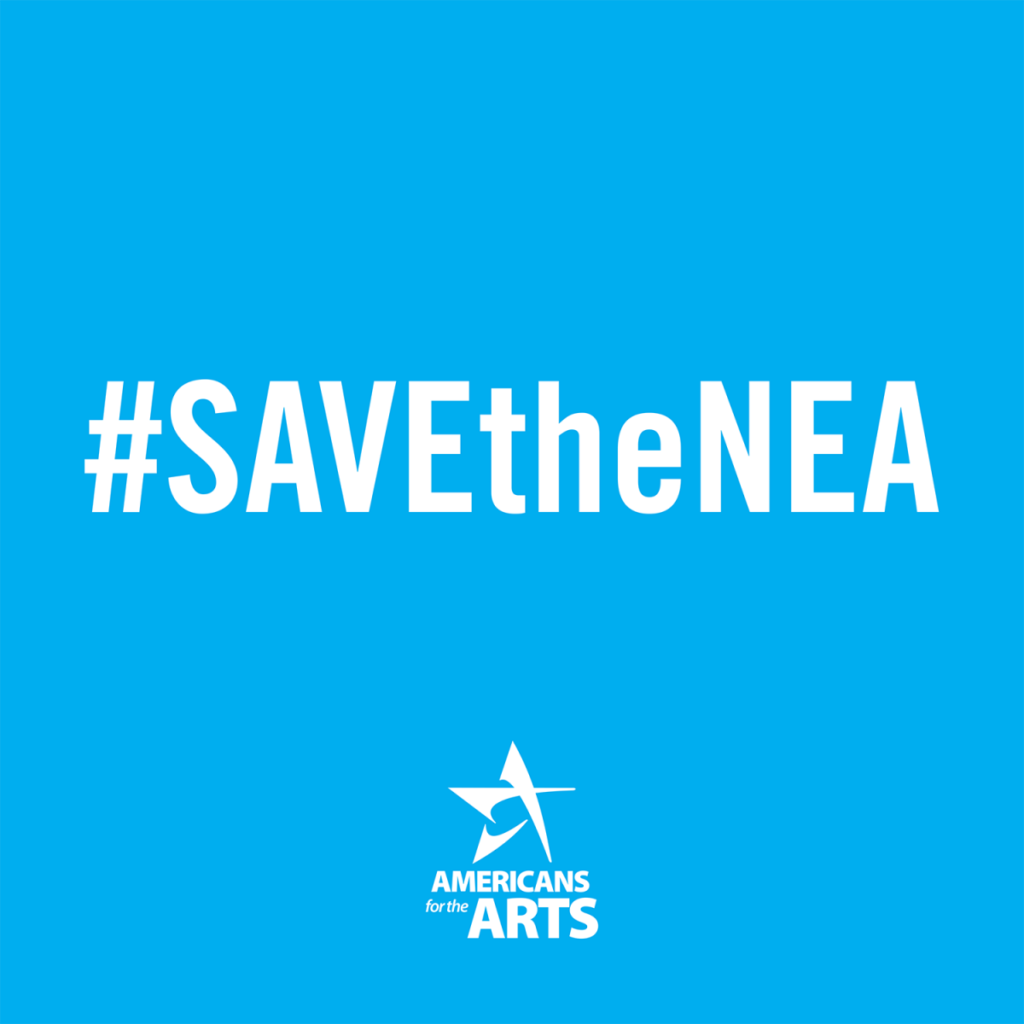Last week, the White House rolled out its 2019 budget plan. The plan includes deep cuts to the National Endowment for the Arts — from $150 million to $29 million, with the goal of shuttering the agency entirely over time. As writer David Ulin pointed out in the Los Angeles Times, the NEA supports arts organizations large and small, distributing monies to programs that connect us as human beings. “To engage with a work of art is to engage in empathy,” he writes.
Empathy, as we in the psychotherapeutic community know, is a challenging practice that gives meaning to life. It is a fundamental building block of culture, a powerful and necessary agent of change and peace. The wide variety of arts programs throughout the nation funded by the NEA enrich our culture and impact local economies. NEA-funded programs and organizations reach citizens of all ages and backgrounds, affirming that yes, our nation values human complexity, curiosity, and creativity.
One National Endowment for the Arts initiative, Creative Forces: Military Healing Arts Network, matches creative arts therapists with armed service members suffering from traumatic brain injuries or post-traumatic stress disorder. (More than 500,000 veterans live with TBI or PTSD). One service member, Master Sergeant Michael Schneider, discovered music therapy in the wake of retirement and adjustment to civilian life as a veteran with TBI and PTSD. “Music saved my life,” he says in this short and profound audio interview:
Normally when we leave the service we lose all therapy. You know, I had four psychologists: family psychologist, biofeedback psychologist, cognizant learning psychologist, psychiatric care. So I had all this and I was just cared for. I had this big hug. I had this big arms around me at all given times. And then I retired in July 1st of 2015, there was nobody. There was one person in the VA that helped me to start navigating the VA who’s like one of my other heroes in this world. I hope that millions of service members can bridge that gap with programs like art in the communities and music in the communities because we need it. I can tell you from so many of my buddies that music and art were a couple of things that saved their lives. Music saved my life.
It feels like the moment to listen again to voices like Schneider’s and remind ourselves that the arts and psychotherapy do not intersect, they intertwine. One supports the other. How can we in good conscience support the defunding of the NEA?
—
Visit the Arts Mobilization Center via Americans for the Arts

